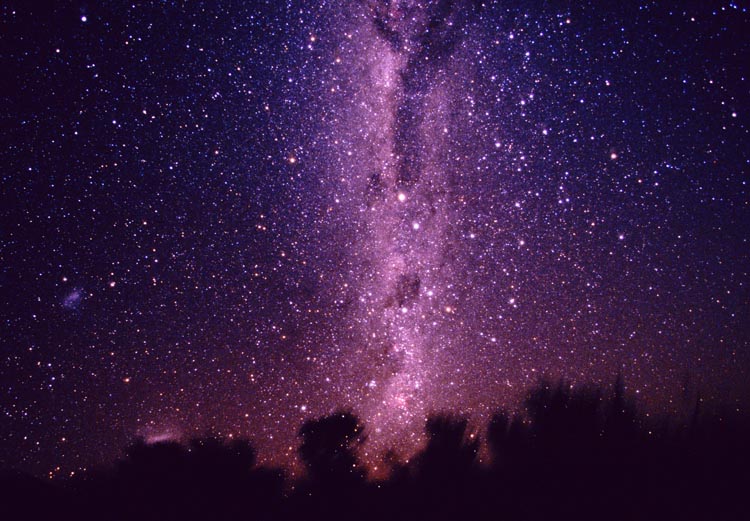Milky Way Galaxy Is Home To Massive Number Of Planets
It was only several decades ago that astronomers believed that planets orbited other stars but they had no direct evidence of that assumption, fast forward 20 years later and scientists now believe the Milky Way Galaxy not only has star orbiting planets, but the number of them could be massive.
According to Kailash Sahu of the Space Telescope Science Institute in Baltimore, Maryland, co-author of a new study publishing in the Jan. 11 Nature:
“We find that, on average, every star has a planet, and since there are at least 100 billion stars, there are at least 100 billion planets.”
Sahu and his fellow researchers used a process known as gravitational microlensing to determine the probability of a planet orbiting a sun. Under Einstein’s Theory of Relativity a massive object bends the very fabric of space-time and therefore even the relatively small mass of a planet would be enough to curve space-time and create a “lens” that researchers could find. By passing in front of a star an exoplanet bends light, causing a brightening of the star’s own light output.
Because microlensing allows astronomers to look at a large sample of stars for exoplanets it is able to discover planets with many different masses and find the distances from their star.
Looking through more than 30 different microlensing events the team found that three extrasolar planets caused a lensing effect. Because scientists known that a certain percentage of planets are missed via the lensing process Sahu’s team was then able to com e up with a likely estimate for the number of exoplanets in the galaxy.
So what did they find? According to Sahu:
“We think about one-sixth of stars should have a Jupiter-like planet, half have a Neptune-sized planet, and two-thirds should have an Earth.”
Since researchers believe there are at least 100 billion stars in the Milky Way Galaxy that would mean there are also nearly 66 billion other planets.
While the research is obviously far from complete and relies on general percentage statistics it does show us that our understanding of the Milky Way Galaxy and it’s vast network of stars and planets still leaves plenty to be determined.



Pingback: Sun Shoots Charged Plasma Hurling Towards Earth
Pingback: Tens Of Billions Of Habitable Planets Located In Milky Way Say Researchers